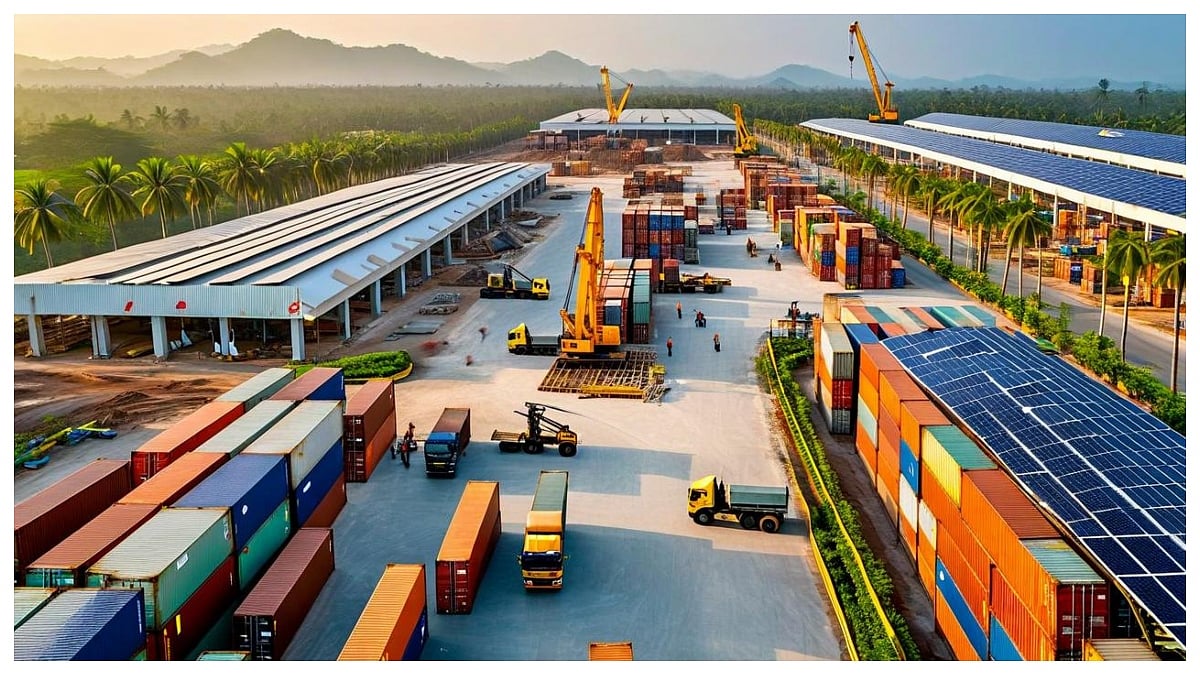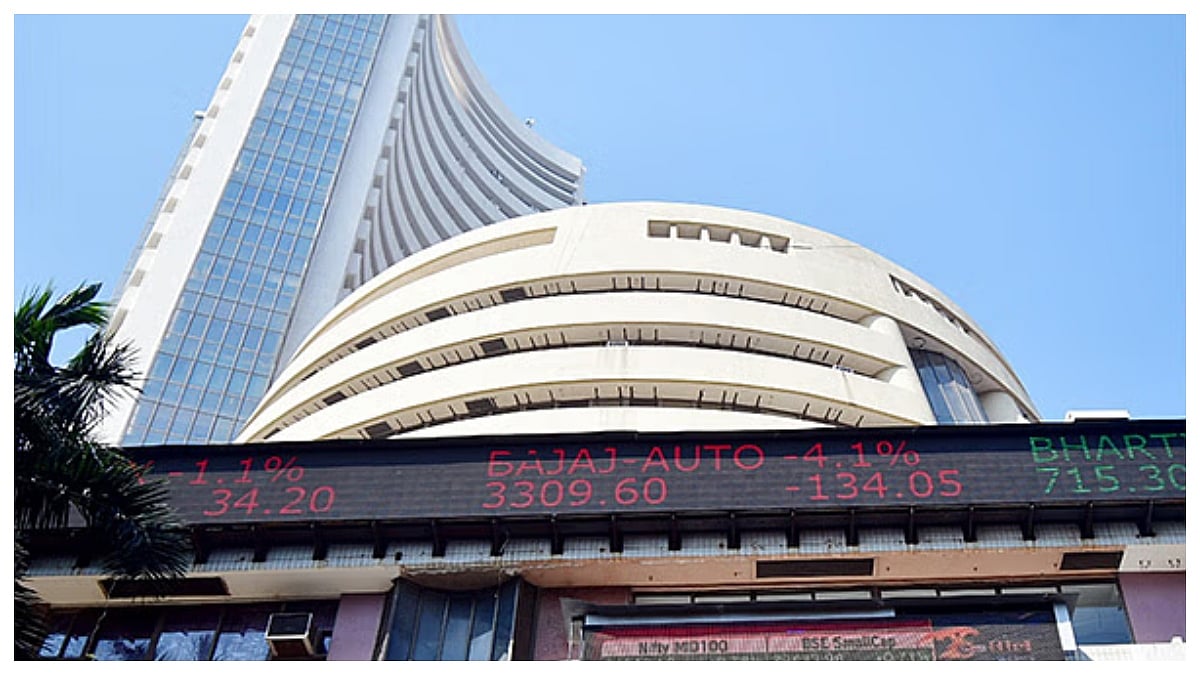A continued property crisis and weak consumption dragged on China's economic recovery in July, according to data released Thursday by the National Bureau of Statistics.
Real Estate Drags China With It
Unemployment rose for the first time since February, clocking in at 5.2 per cent, compared to 5 per cent in June.
Industrial production also rose more slowly than the previous month, showing a 5.1 per cent year-on-year increase in July, compared to a 5.3 per cent rise in June.
Retail sales grew slightly more than analysts had expected, rising 2.7 per cent year-on-year in July, compared to 2 per cent in June.

Statistics bureau spokesperson Liu Aihua said the recovery in consumption will be further consolidated given recent government policies to boost consumer spending. |
Statistics bureau spokesperson Liu Aihua said the recovery in consumption will be further consolidated given recent government policies to boost consumer spending.
Beijing announced plans last month to use 150 billion Yuan (USD 20.9 billion) in government debt to finance trade-ins for consumer goods such as appliances and cars to stimulate spending.
Consumption contributed around 60 per cent of China's economic growth in the first half of the year and is expected to assume an even bigger role in supporting the world's second-largest economy.
Exports, traditionally China's strongest engine for economic growth, are dampened by frictions with the United States and other Western countries.

Investment in real estate dropped 10.2 per cent year-on-year in the first seven months of the year, after decreasing 10.1 per cent in the January-June period. | File Photo

Investment Drops In Sector
Regarding urban unemployment - a ticklish problem for the ruling Communist Party - Liu said the 0.2 percentage-point rise over the previous month was due to the impact of the graduation season.
Investment in real estate dropped 10.2 per cent year-on-year in the first seven months of the year, after decreasing 10.1 per cent in the January-June period.
A prolonged slump in China's property market after regulators cracked down on excessive borrowing by developers unleashed a chain reaction that has pulled housing sales and prices lower and hit many other parts of the economy, such as construction, building materials and home appliances.


.jpeg)







